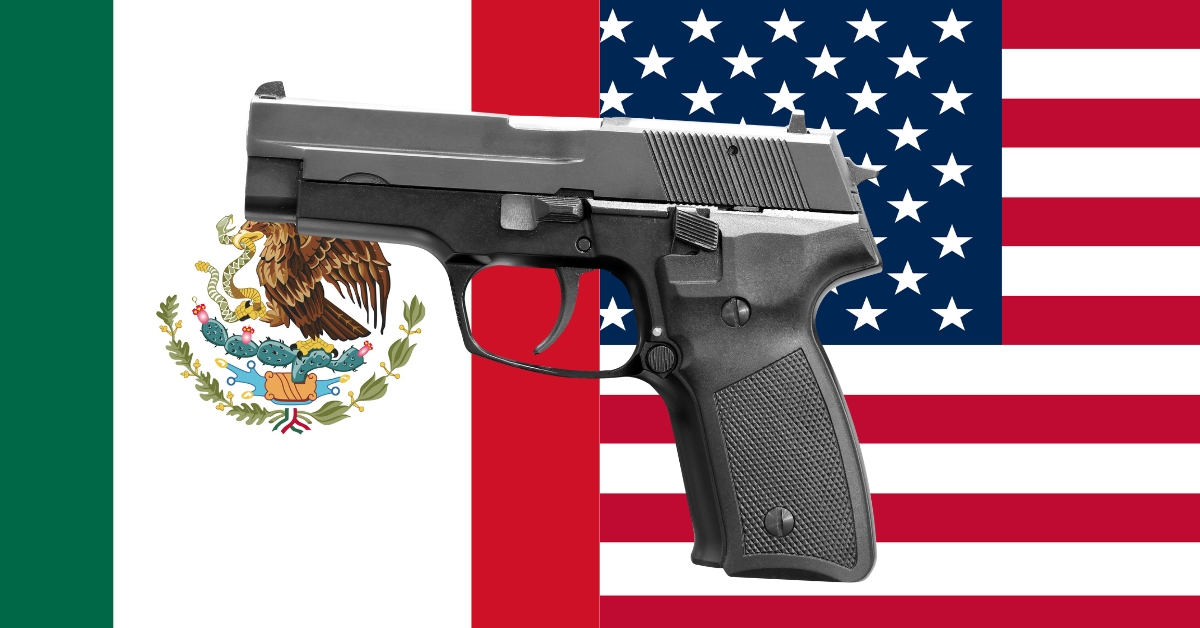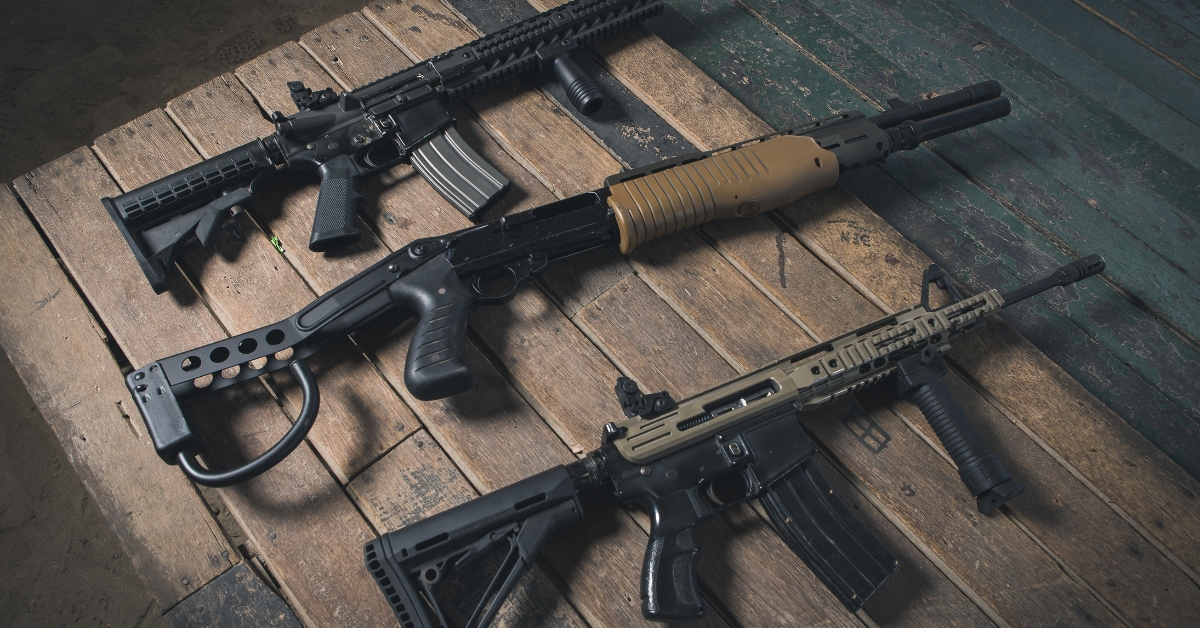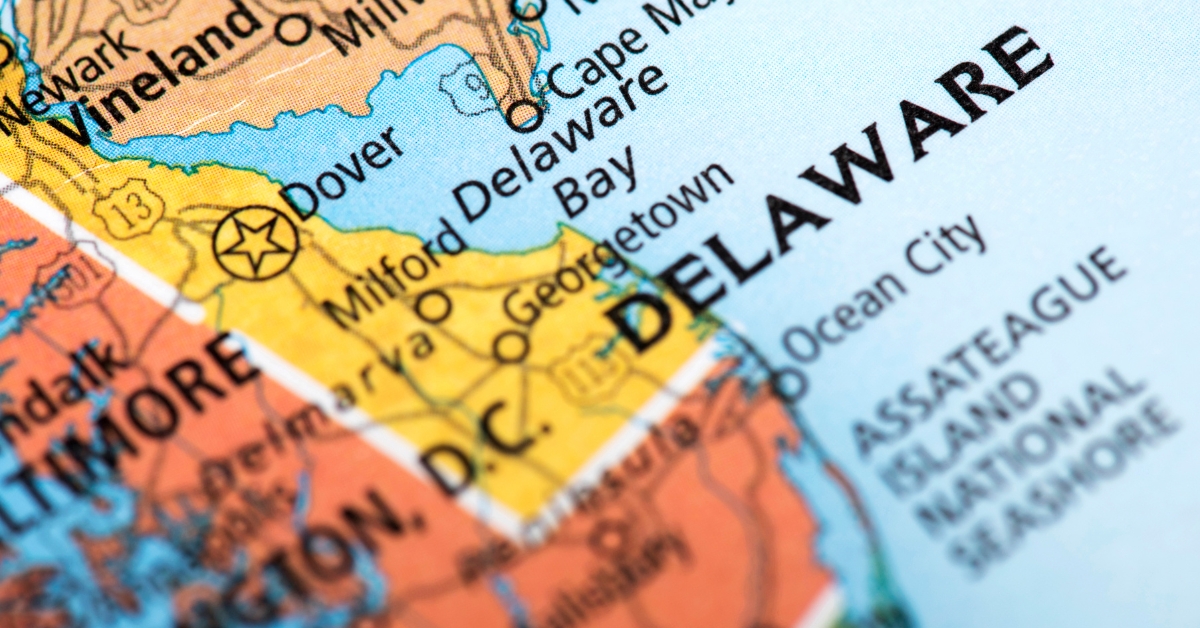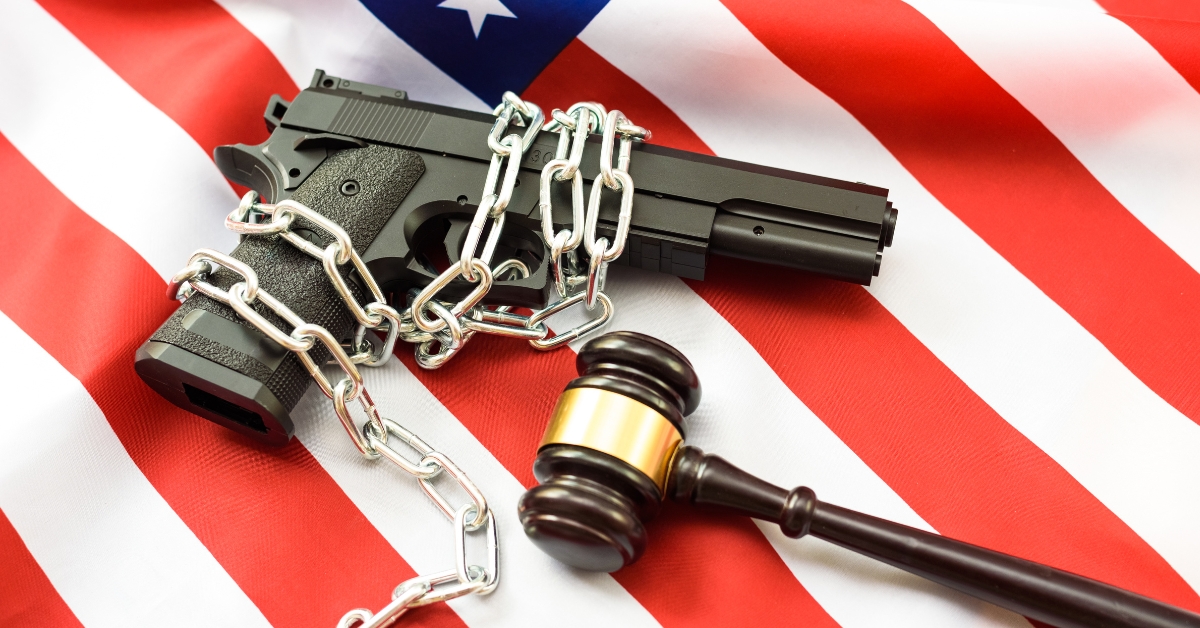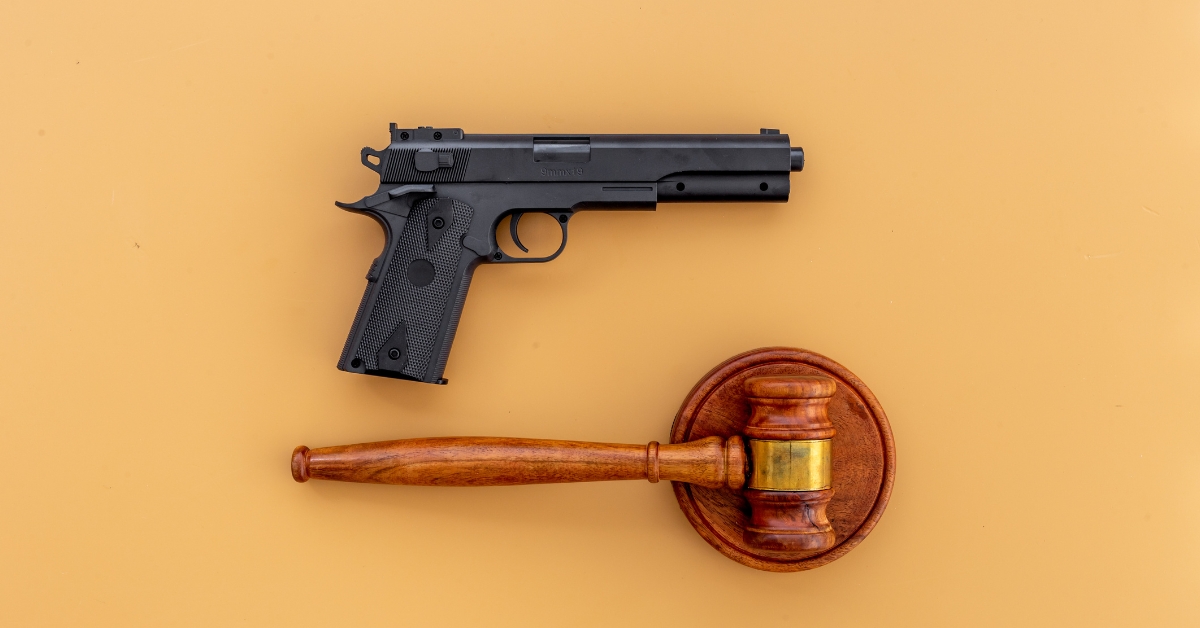
Gun Rights Groups File Lawsuit Against California Officials Over Concealed Carry Policies
A coalition of pro-Second Amendment organizations, including the California Rifle & Pistol Association (CRPA), the Second Amendment Foundation, Gun Owners of America, Gun Owners Foundation, and Gun Owners of California, have filed a federal lawsuit against the Los Angeles Sheriff’s Department, the La Verne chief of police, and California Attorney General Rob Bonta. The legal action aims to challenge what plaintiffs describe as “plainly unconstitutional” concealed carry policies that infringe on citizens’ rights to bear arms.
The lawsuit sheds light on the arduous and costly process faced by law-abiding citizens seeking concealed carry licenses in California. The filing of the lawsuit on Monday officially marks a crucial step in holding California authorities accountable for what many see as an infringement on their Second Amendment rights.
One of the primary grievances highlighted in the complaint is the excessive wait times faced by applicants. The Los Angeles Sheriff’s Department admitted that the average waiting period for an applicant is approximately eighteen months, a delay that raises serious concerns about the practicality of exercising a fundamental civil right. In La Verne, the cost of applying for a carry license ranges from $900 to $1,100, further burdening law-abiding citizens.
The lawsuit draws attention to the Supreme Court’s acknowledgment that even “shall issue” permitting schemes can violate Second Amendment rights if they impose lengthy wait times and exorbitant fees. Waiting over a year and a half for permission to exercise a fundamental right is, by any measure, excessive. Notably, the Fourth Circuit Court of Appeals has already concluded that a 30-day waiting period for a Handgun Qualification License in Maryland is too long of a delay, setting a precedent that could be relevant to the California case.
The psychological testing of concealed carry applicants, while allowed but not required under California law, is also under scrutiny. Plaintiffs argue that this is an “absurd policy,” even by California standards. The lawsuit points out the inconsistency of such testing, which is not universally mandated across the state. The inclusion of psychological testing is considered an outlier, adding unnecessary hurdles for law-abiding citizens.
Another significant aspect of the lawsuit challenges California’s refusal to recognize concealed carry licenses issued by other states, effectively preventing nonresidents from lawfully carrying firearms in the state. This policy, deemed unconstitutional under both the recent Bruen decision and the precedent established in Obergefell v. Hodges, raises questions about the fairness and constitutionality of California’s approach to the Second Amendment.
The individual plaintiffs in the lawsuit each share a unique story about how California’s carry laws have impeded their ability to exercise their Second Amendment rights. From out-of-state residents seeking protection while in California to disabled individuals priced out of their rights, these stories highlight the range of problems citizens face when trying to exercise their right to bear arms in jurisdictions that display outright hostility toward the Second Amendment.
In response to the lawsuit, CRPA president and general counsel Chuck Michel emphasized the organization’s commitment to ensuring post-Bruen concealed carry policies are constitutional. He asserted that the legal action could have been avoided if the Constitution had been observed and the Bruen decision followed.
The Second Amendment Foundation’s Alan Gottlieb expressed concern about the deliberate design of the process and costs involved in obtaining a carry license, calling it “simply inexcusable” that some plaintiffs had to wait for more than a year for approval.
This lawsuit presents a crucial opportunity to challenge California’s restrictive concealed carry policies, providing hope for Californians still grappling with the impact of laws that seem determined to curtail their fundamental civil liberties.
